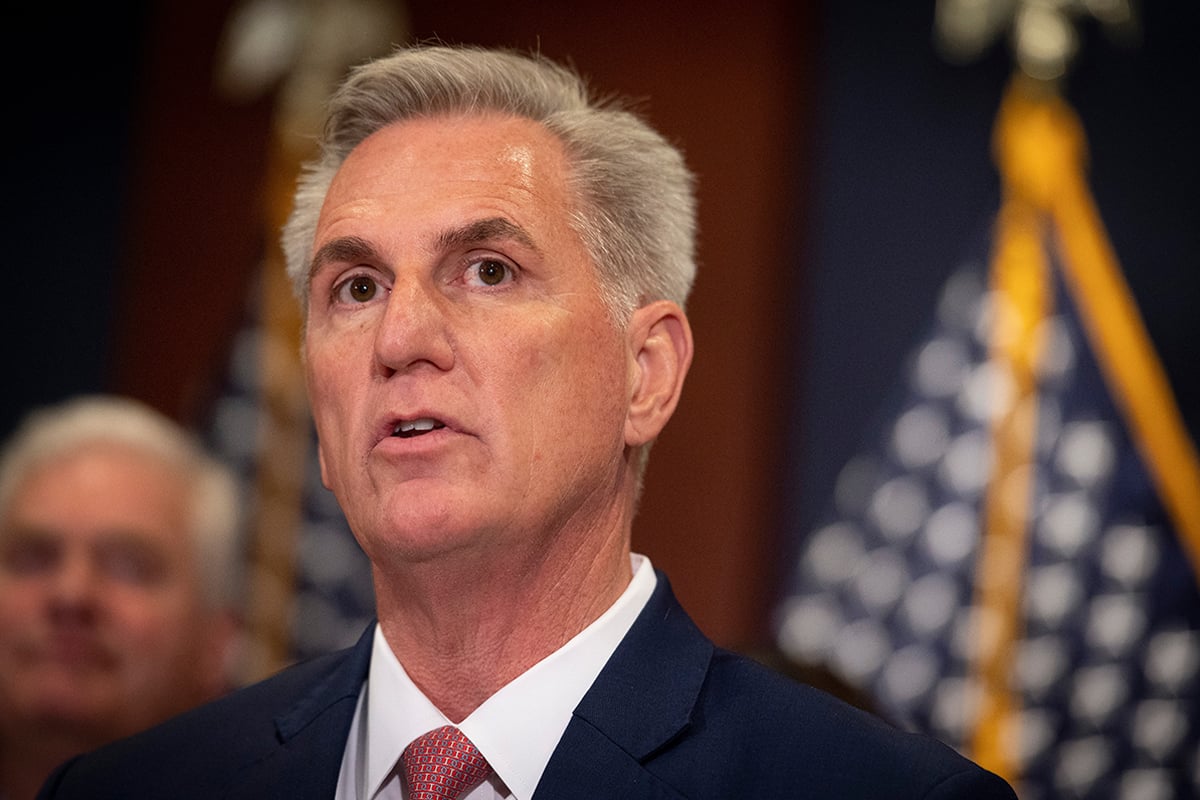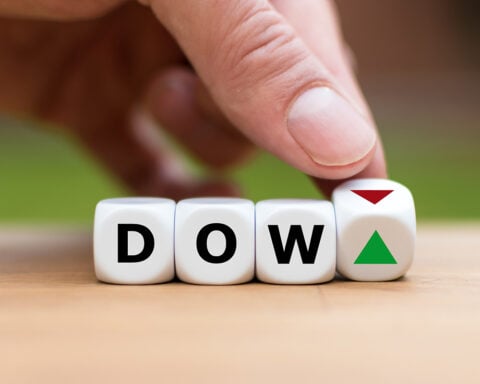The former head of the S&P Sovereign Rating Committee feels the U.S. is in a more precarious position than in 2011 when the agency reduced its credit rating.
The looming threat of a government shutdown is again on the horizon for the world’s dominant economy, contingent on whether Washington legislators can approve a budget before the October 1 deadline.
House Speaker Kevin McCarthy is treading a tightrope in the House of Representatives. He cannot afford a loss of more than four votes from his Republican colleagues. However, he’s facing opposition from staunch conservatives within his party who are advocating for more substantial reductions in domestic expenditure.
Earlier in the week, Moody’s expressed concerns that a government shutdown could negatively impact the nation’s credit standing. This came after Fitch decided to decrease the U.S.’s long-term credit rating in August, due to the persistent political disagreement over the debt ceiling issue.
In 2011, amidst political strife concerning the debt ceiling, S&P made headlines by dropping the long-term credit rating from a pristine AAA to AA+.
During a recent appearance on CNBC’s “Capital Connection,” John Chambers, who chaired the Sovereign Rating Committee at S&P Global Ratings during the 2011 downgrade, remarked that he believes a government shutdown is on the horizon, pointing out that such occurrences are indicative of fragile governance.
Chambers further highlighted that the circumstances leading to the 2011 downgrade appear deteriorating. He observed, “Currently, the collective deficit of federal and local governments surpasses 7% of GDP, with government debt standing at 120%. Back then, our projection was a possible rise to 100% of GDP – a prediction many in the government deemed overly pessimistic.”
Adding to this, Chambers commented on the perceived weakening of governance, emphasizing increased political discord, fears of potential government debt default due to the debt ceiling, and the unsettling events on January 6th, 2021.
With the budget deadlock, McCarthy might need the support of most Republicans. However, the Freedom Caucus, boasting 49 members as of January, has been a significant roadblock, advocating for stricter domestic budget cuts. To prevent a shutdown, McCarthy could look to the Democrats for assistance. Yet, such a move could endanger his position as speaker, with some Republicans contemplating his replacement.
Earlier this year, another face-off concerning the U.S. debt ceiling threatened the nation’s fiscal standing. This was until a last-moment agreement between President Joe Biden and McCarthy.
In explaining their August decision to lower the rating, Fitch pointed to anticipated fiscal challenges in the forthcoming years and deteriorating governance, evidenced by the frequent political tugs-of-war over the debt ceiling.
Nevertheless, several influential bankers and economists deemed the downgrade as relatively inconsequential.
As the U.S. navigates the tumultuous waters of political discord, looming shutdowns, and fiscal challenges, the collective voice of financial institutions and rating agencies echoes concerns about governance and economic stability. While some may downplay the significance of these downgrades, the ramifications on investor sentiment, global financial markets, and the broader economy cannot be ignored. Now, more than ever, collaborative and strategic decision-making from all sides is paramount to ensure the nation’s sustained financial resilience.







